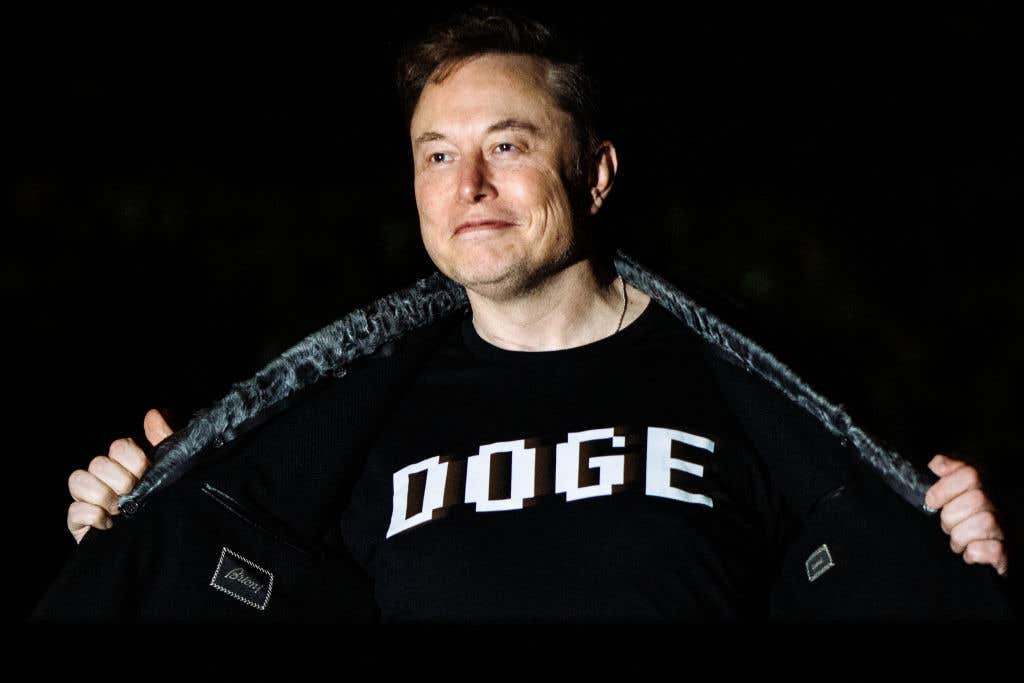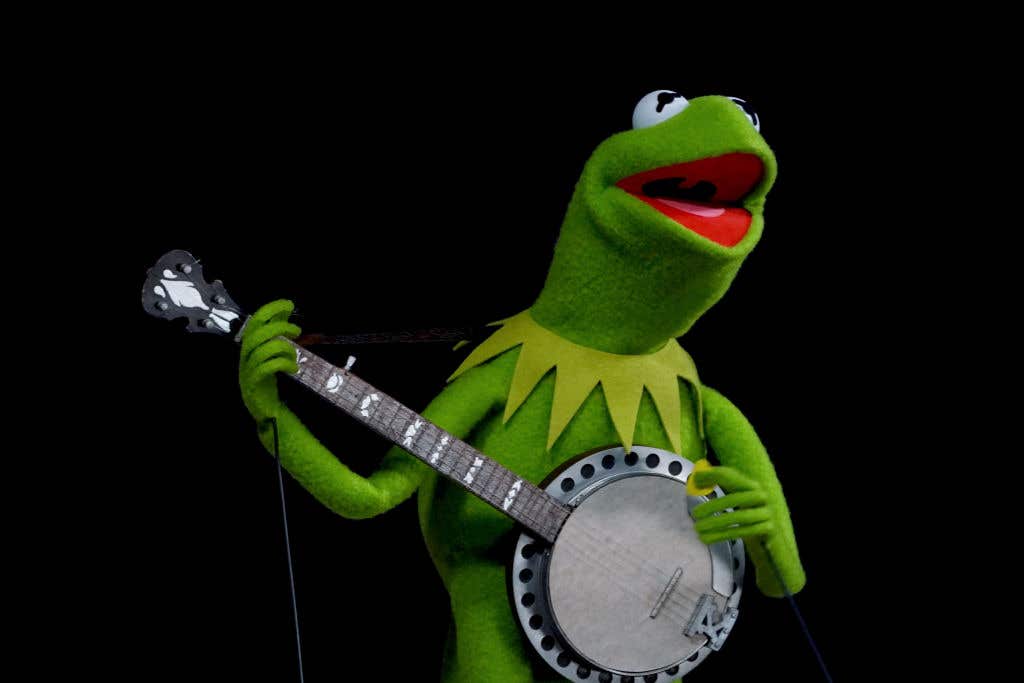From the Editor’s Desk: Playing DOGE Ball
Is DOGE a lightning rod for controversy or proof that history will always repeat itself?

WASHINGTON, DC: White House Senior Advisor Elon Musk walks to the White House after landing in Marine One on the South Lawn with U.S. President Donald Trump. Can Musk be considered the Doge of DOGE?
Photo by Samuel Corum/Getty ImagesThere is nothing new under the sun, and that includes the Department of Government Efficiency, or DOGE.
The Doge of DOGE
For more than a thousand years, the Republic of Venice was overseen by a single person, elected, rather pointedly, not by the people but select members of the aristocracy. His job was to ensure the Republic, which thrived and survived not through geographic holdings but through the control of international trade, ran smoothly, efficiently and, again rather pointedly, according to his whims. He had a title.
He was called the Doge.
Regardless of how you feel about DOGE, its programs, and Elon Musk, the Doge of DOGE, it remains incredible that neither the current administration nor those that oppose it have brought this perhaps-not-a-coincidence up. The Trump administration can hold up a millennia of success enjoyed by an empire with limited resources outside of incredible ingenuity. Imagine what the United States could do. Trump’s critics might retaliate with the pretty obvious observation that contemporary world politics bear little resemblance to medieval Europe, when, if we are being completely honest, things weren’t always that great. Leaning into the DOGE-equals-Doge equation seems like an obvious, but thus far largely ignored, historical reference both might embrace.
Everything Old is New Again
Speaking of DOGE, I was surprised to learn that the fledgling department was less a new idea than a clever rebrand. Over the last century or so, similar offices have been set up by various administrations, always focused on trimming governmental fat. The first instance was the Committee on Department Methods, commissioned by President Theodore Roosevelt in 1905. Since then, various administrations, including those of Taft, Franklin Roosevelt, both Truman and Eisenhower, Reagan, Clinton, and Obama, have given some variation on the DOGE model a shot. While mileage may vary on their successes and failures, each was an interesting experiment. The organization under Truman and Eisenhower was referred to as the Hoover Commission, as former – and famously unpopular - President Herbert Hoover was appointed to lead it. President Reagan’s Grace Commission was inspiration behind the phrase ‘drain the swamp’ decades before it was adopted as a Tweet-of-choice by President Trump. President Clinton’s National Partnership for Reinventing Government was referred to as NPR – another coincidence that went largely unremarked upon, by my recollection. Like DOGE, it seems like easy pickings on both sides of the aisle. Time will tell how DOGE bears up against its predecessors.
The Practice Versus the Intent
A long time ago in an organization relatively close by, I was asked – as were all my colleagues and coworkers – to pen a letter justifying my position. Not surprisingly, I was a little resentful and resistant to the idea. But I liked what I was doing and so, with teeth clenched, I wrote the letter.
So, when Elon Musk and DOGE requested that government employees do the same – although in a more concise ‘five things last week’ format – I was not at all surprised at the chilly response the directive received. I was also skeptical of the motivation. What was DOGE going to do with the millions of carefully crafted and dismissively dashed off missives it received? Certainly, nobody was going to crack open a laptop to read and rate each one. I suspect even the most advanced AI algorithm would take a hard pass on tackling that mountain of correspondence. I saw, and still see, very little value in the exercise apart from establishing an obedience metric. That, if we might get medieval again for a moment, feels a little too prince and paupers for my taste.
That said, I’m not completely against the idea. What I remember about being asked to justify my job – which I was allowed to keep – was that enforced introspection yielded some interesting insights about myself both personally and professionally. I found the expectation that I needed to justify my existence demeaning – as I would today. But I found the process of taking a step and looking at myself with as unjaded an eye as possible fascinating.
It is, in fact, a practice I continue to this day. I may not always write down my thoughts, but I do, with intention, question myself, my motives, and how I navigate the world. Yes, my own response to DOGE might have been more profane than profound, but I hope some of those millions asked to list what they had done the week before found the exercise rewarding.
![augustatoday.com logo@4x[324] augusta today logo](https://augustatoday.com/uploads/2024/08/augustatoday.com-logo@4x324.png?format=auto&width=3840&optimize=high)





